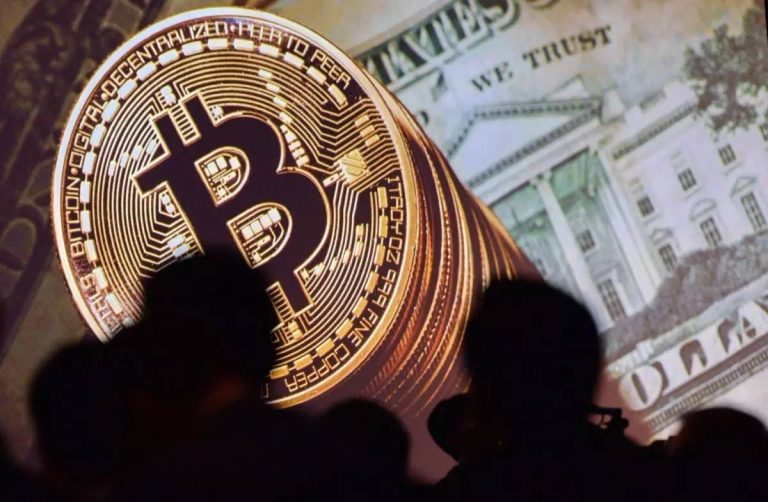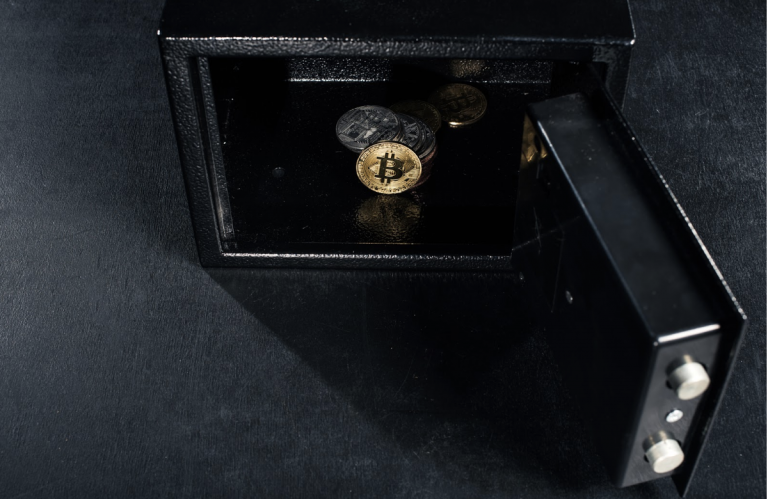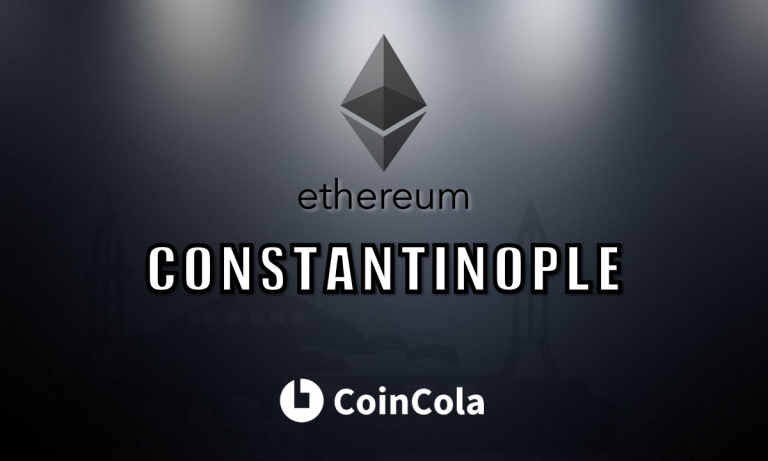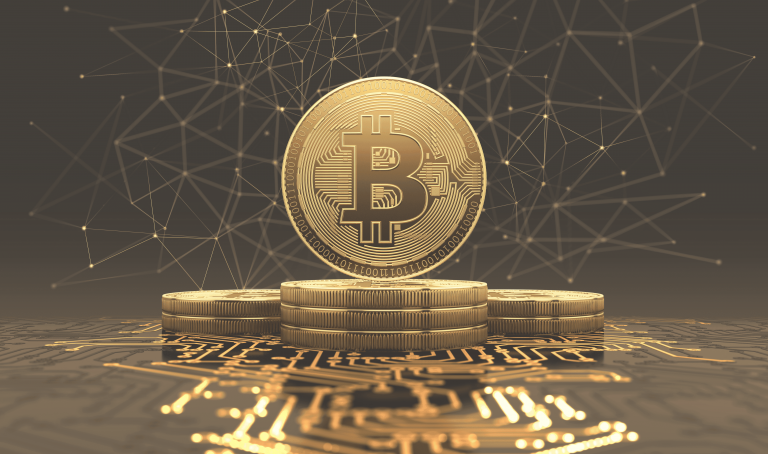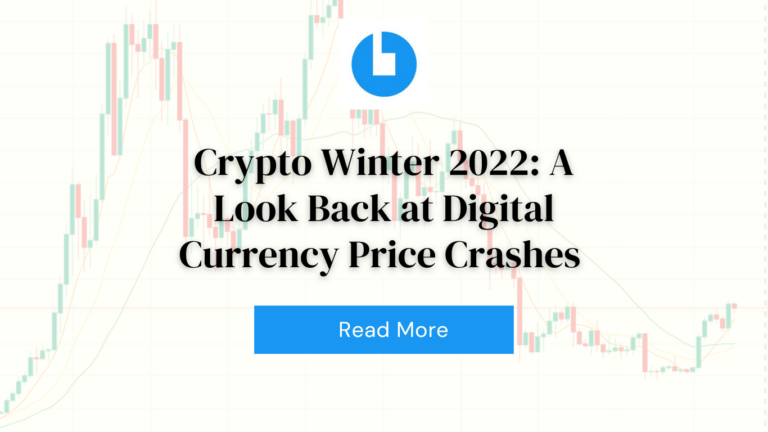Finding and using the nearest Bitcoin ATM near you
Finding and using the nearest Bitcoin ATM near you
Although many people don’t know about them, Bitcoin ATMs are very real. Moreover, they’re one of the easier ways to buy the cryptocurrency. Not only are they familiar to most people with plastic cards; they rarely ask you to pass KYC checks, submit personal details, or have picture ID on hand.
The caveat is that Bitcoin ATMs aren’t as easy to use as the regular variety. It’s not as easy as putting cash into a machine and getting your Bitcoin instantly. To help you figure things out, this article will explain how Bitcoin ATMs work – and, more importantly, where you can find one of these rare machines.
Finding an ATM near you
Finding a convenient ATM is surprisingly easy. There’s a dedicated service called Coin ATM Radar, and it shows you where the nearest ATMs are and what each ATM’s details are (including fees and limits). It even gives you directions to get to the ATM from where you are right now!
We strongly recommend you use this service, or a similar one, before using an ATM. The reason is that some Bitcoin ATMs are fraudulent, unauthorized, and otherwise untrustworthy. Taking a few minutes to do your research will protect you and your money from harm.
The pros and cons of using an ATM
The #1 pro of using an ATM is simplicity. If you buy Bitcoin this way, you don’t have to go through any complicated ID verification processes or even have any ID at all. Moreover, on-screen instructions are easy to follow, making it easy to get what you need quickly.
The cons of using an ATM are a little more numerous. For starters, there just aren’t very many ATMs. Only 59 countries (of 195) have one, and the total number of active machines is around 1,900; not many at all. Unless you live in a major urban center, you’re unlikely to find one near you.
The second problem is that ATMs often have exorbitant fees. Their owners have been blamed for price gouging in the past, and compared to a platform like CoinCola where fees are just 0.5%, ATMs really are expensive. Fees of 5%, 10%, and even 20% are not unheard of.
Last but not least, ATMs are fundamentally computers – and computers are liable to get hacked. Whether it’s malware, a direct cyber attack, or something else, there are many ways for criminals to get your money if you’re using a Bitcoin ATM. That’s why it’s important to check whether the machine you’re using is visible on websites like Coin ATM Radar before using them.
Should I use an ATM to buy crypto?
As a rule, Bitcoin ATMs are really meant for the underbanked: people with no or limited ID, and no access to regular banking services. If you fit this description, one of these machines just might be what you need.
In other situations, though, we strongly urge you to buy Bitcoins online. You’re more likely to get them safely and less likely to overpay when you do so. Moreover, with CoinCola, you have the choice to buy coins directly from other users via the OTC platform or by using a crypto exchange.
To buy Bitcoin online now, go to CoinCola.com. With some of the lowest commission fees in the industry and over 100,000 monthly transactions, we’re the go-to crypto marketplace for tens of thousands of users. We’d love to serve you next.
Follow CoinCola on Social Media
Twitter: https://twitter.com/CoinCola_Global
Facebook: https://www.facebook.com/CoinCola/
Instagram: https://www.instagram.com/CoinCola/
LinkedIn: https://www.linkedin.com/company/coincola/
About CoinCola
Founded in 2016, CoinCola is a Hong Kong based company offering both over-the-counter cryptocurrency trading and crypto-to-crypto pair trading exchange. CoinCola now serves millions of users from over 150 countries with our fast, secure, and reliable trading services. We support BTC, ETH, BCH, LTC, USDT, DASH, and XRP. Visit www.coincola.com to invest in digital assets.
Disclaimer: Trading and investing in cryptocurrencies, also called digital currencies, crypto assets, and so on) involves substantial risk of loss. All informations are used at your own risk, and any content on this site should not be relied upon as advice or construed as providing recommendation of any kind.
![[:en]Finding and using the nearest Bitcoin ATM near you[:]](https://www.coincola.com/blog/wp-content/uploads/2019/04/Finding-and-using-the-nearest-Bitcoin-ATM-near-you.jpg)

